Training for Stability: Insights from Helder Garcao on Stability Policing in Ukraine
July 12, 2024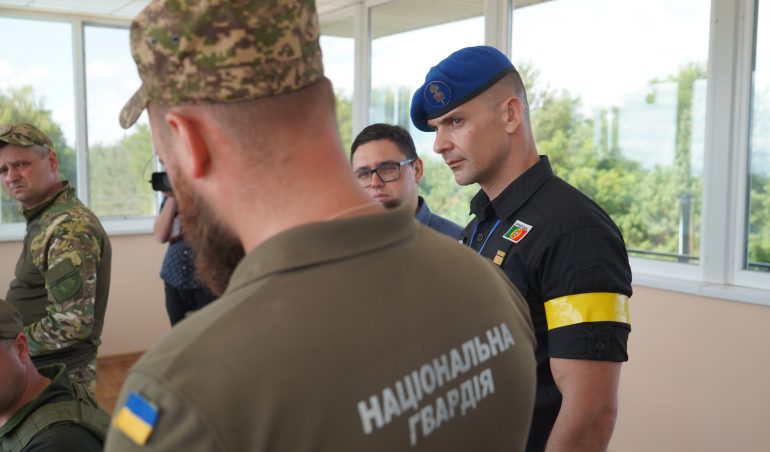
In February and March of 2024, a Specialised Team of the European Gendarmerie Force trained more than 160 officers of the National Police and the National Guard of Ukraine. And now, as trainers, the law enforcement officers are passing on the knowledge and skills in stability policing acquired to their Ukrainian counterparts who will be involved in the work in the liberated territories.
Representatives of the Specialised Team arrived in Ukraine in early 2024 to share their experience in conflict stabilisation and post-conflict management with the Ukrainian side. This was made possible by the EU Advisory Mission Ukraine, which was approached by the leadership of the National Guard of Ukraine at the end of 2023.
To find out how effective the cascade format of the exercises is, where yesterday’s participants become today’s trainers, and what elements of stabilisation were key during the training, we spoke to Helder Garcao, Leader of the European Gendarmerie Force Specialised Team.
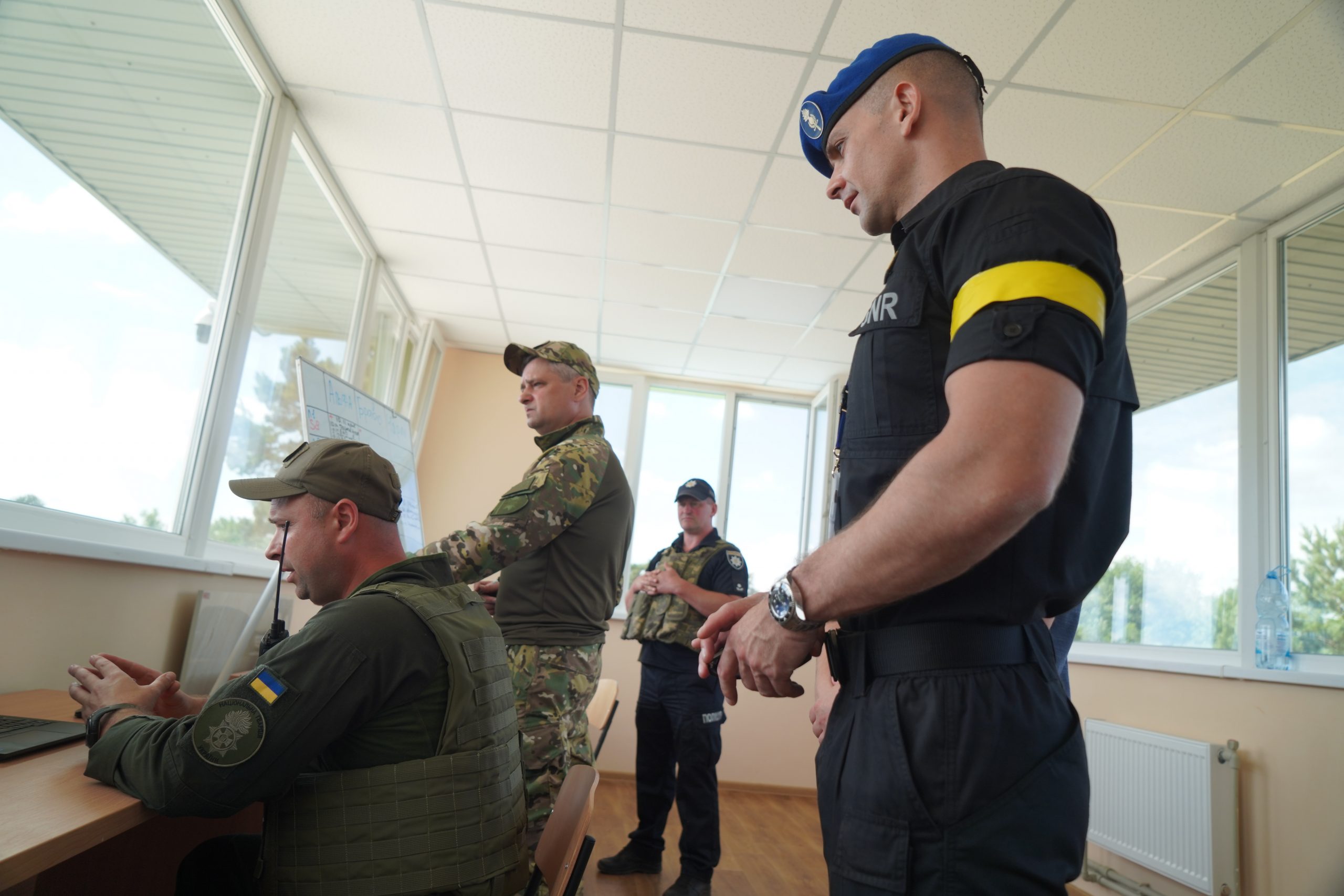
EUAM: Why is stability policing relevant for Ukraine, and what is the purpose of the pre-deployment training (PDT)?
Helder Garcao (HG): As a result of Russia’s aggression, the responsibilities of Ukrainian Law Enforcement Agencies (LEAs) have significantly expanded.
After the liberation of occupied territories by the Armed Forces of Ukraine, law enforcers take over, coordinating and cooperating with civilian and military institutions. They gradually restore the Rule of Law, deescalate tensions, and (re)build trust, ensuring a safe and secure environment.
These are tasks associated with the Stability Policing concept. They require enhanced competences, organisation, and equipment, as well as specific techniques, tactics and procedures, addressing unique and demanding security challenges.
To fulfill these duties, law enforcement officers need adequate training, clearly defined areas of responsibilities, along with effective coordination mechanisms among agencies, namely the National Guard (NGU) and the National Police of Ukraine (NPU). This is crucial to increase their efficiency, and to ensure the optimal distribution of resources.
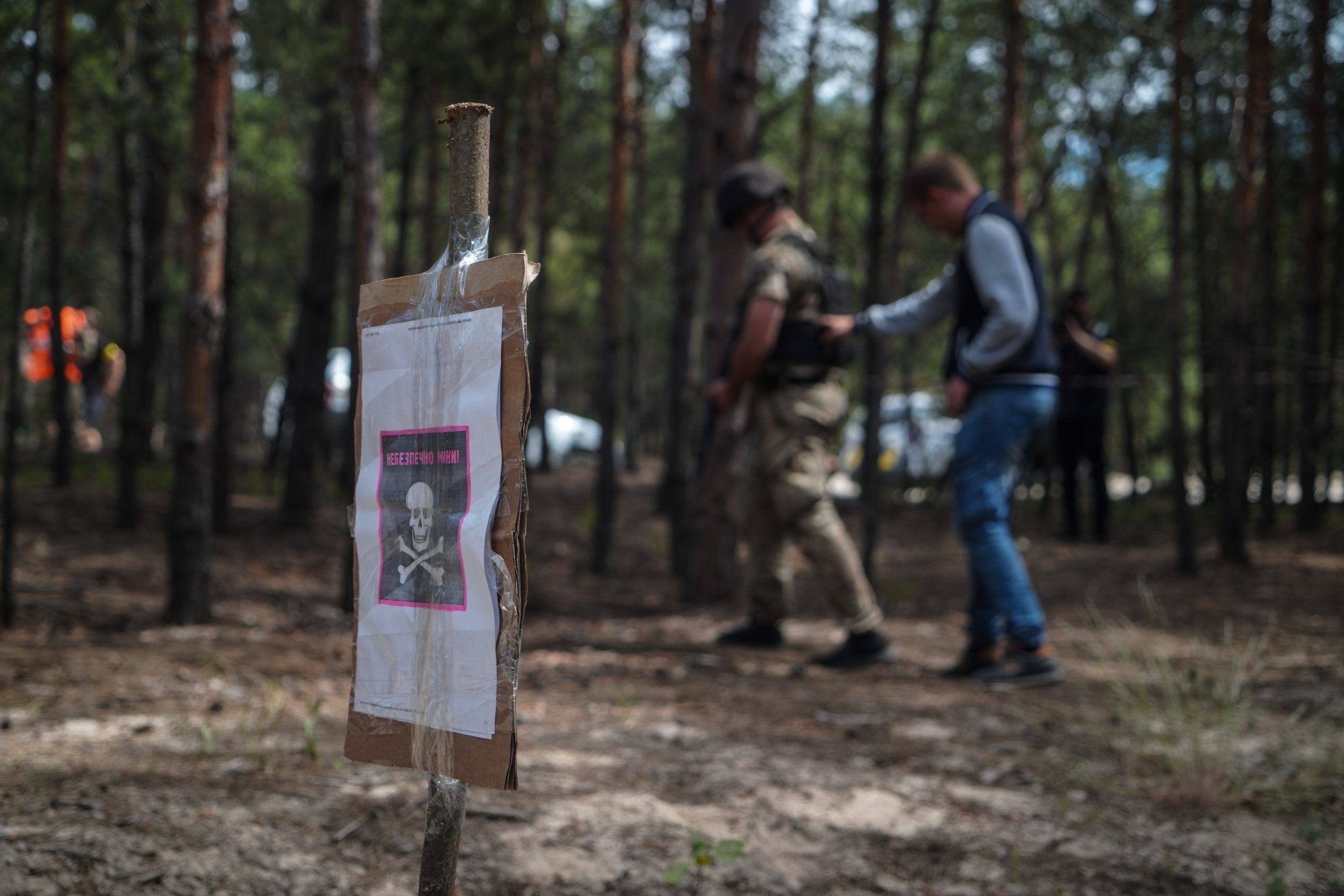
The personnel appointed to perform these challenging tasks shall undergo a comprehensive PDT, designed not only to enhance the individual competences, but to simultaneously ensure the assembly of units which are ready for work, once deployed.
EUAM: What is the advantage of an integrated approach to Stability Policing, taken by NGU and NPU?
HG: LEAs are crucial instruments to stabilise liberated territories. Each agency has its own set of capabilities.
The integrated approach is the framework that enables a holistic engagement of instruments and capabilities, available to LEAs. This fosters joint planning, enabling effective coordination mechanisms and implementing a model that helps balancing resources, and facilitating coordination between the agencies.
The integrated approach ensures optimal effectiveness of Stability Police Units (SPUs) by combining robust capabilities with advanced law enforcement expertise.
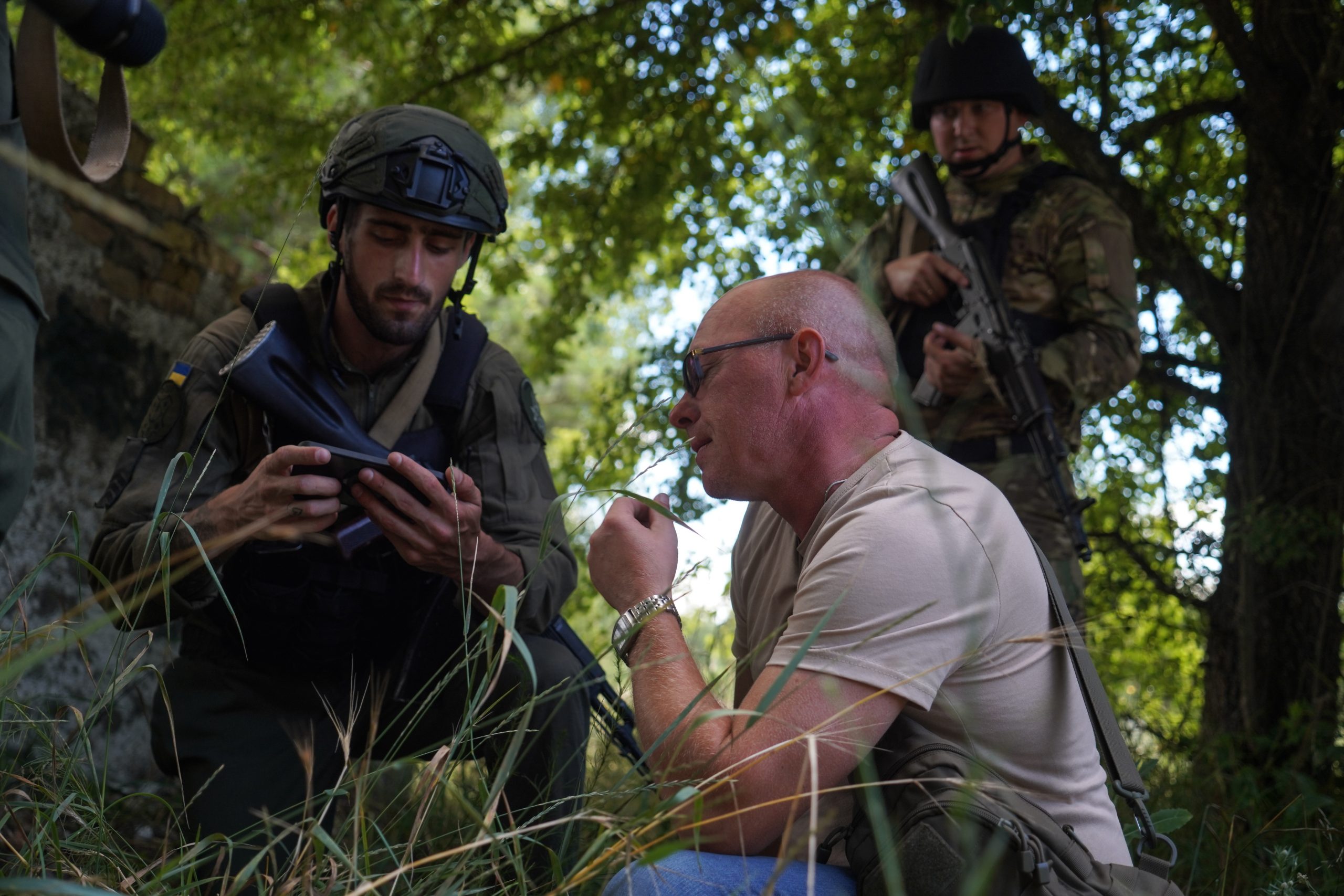
SPUs are cohesive and robust police units capable of establishing a safe and secure environment, working in close coordination with the military. They have a modular structure and perform the full spectrum of law enforcement operations.
What does this mean in practice – NGU has military capabilities, ensuring enhanced robustness and self-sufficiency. This allows NGU to operate in harsh conditions, where no logistic support is available. NPU meanwhile has police expertise, notably regarding crime investigation and forensics. Combining these features maximises efficiency of SPUs, compiled of NGU and NPU officers. This fosters meaningful synergies, especially when stability policing modules are jointly planned and integrated.
EUAM: What are the next steps and how will SP benefit communities in the liberated and adjacent territories (LATs)?
HG: Firstly, the plan for cascade training shall be endorsed, taking advantage of the curriculum jointly developed with NGU and NPU. Thereby, the policing capabilities of NGU’s and NPU’s officers to form robust units and teams will be increased, thus enhancing security and restoration of the Rule of Law in the LATs.
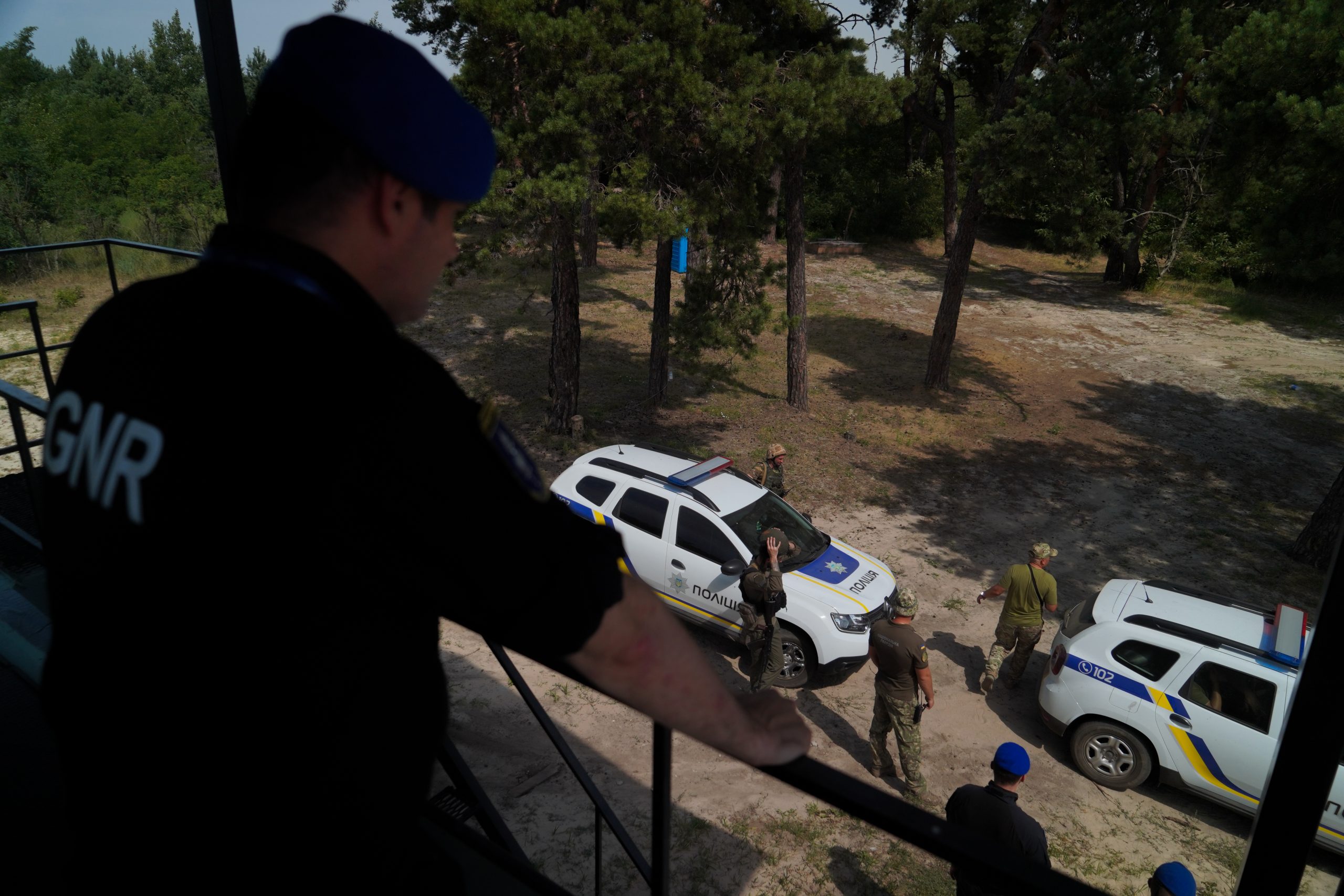
Secondly, the EUAM will foster continued collaboration and interoperability between the NGU, NPU, and other agencies. The Mission will also support the optimisation of capacity-building efforts, and potentially a dedicated Ukrainian Stability Policing Center.
Lastly, the operational concept for deployment of LEAs to the liberated territories needs consolidation, to ensure seamless cooperation between law enforcement and military.
EUAM’s mentoring and monitoring role could further enhance these efforts, paving the way for future EU assistance, aligned with identified needs in the LATs.
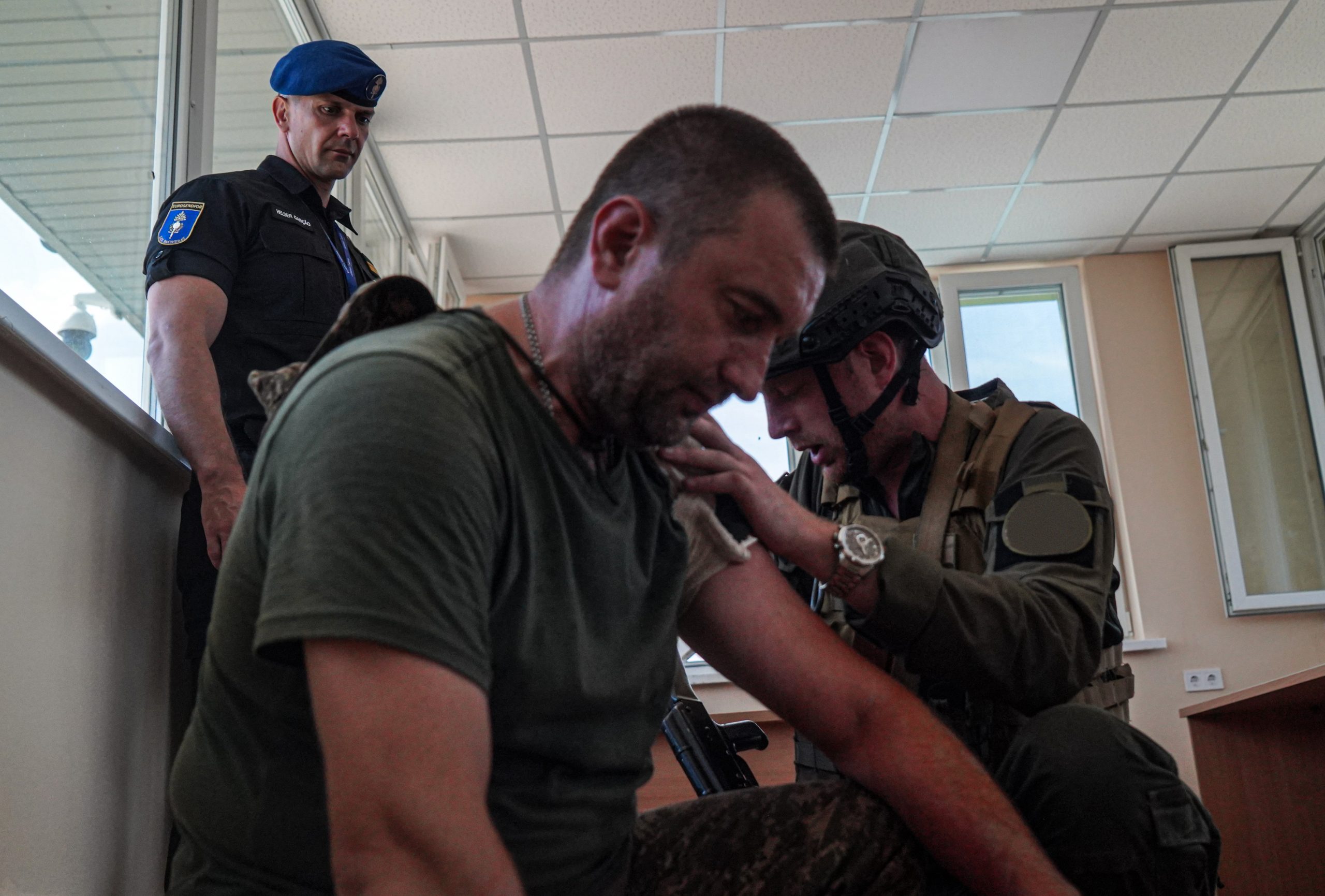
The communities in the LATs will benefit from the deployment of effective stability policing units, capable of stabilising the areas.
Encouraging robust yet accountable policing is essential for promoting the Rule of Law and upholding human rights, fostering trust, and enhancing police legitimacy, fairness, and justice perceptions among communities.
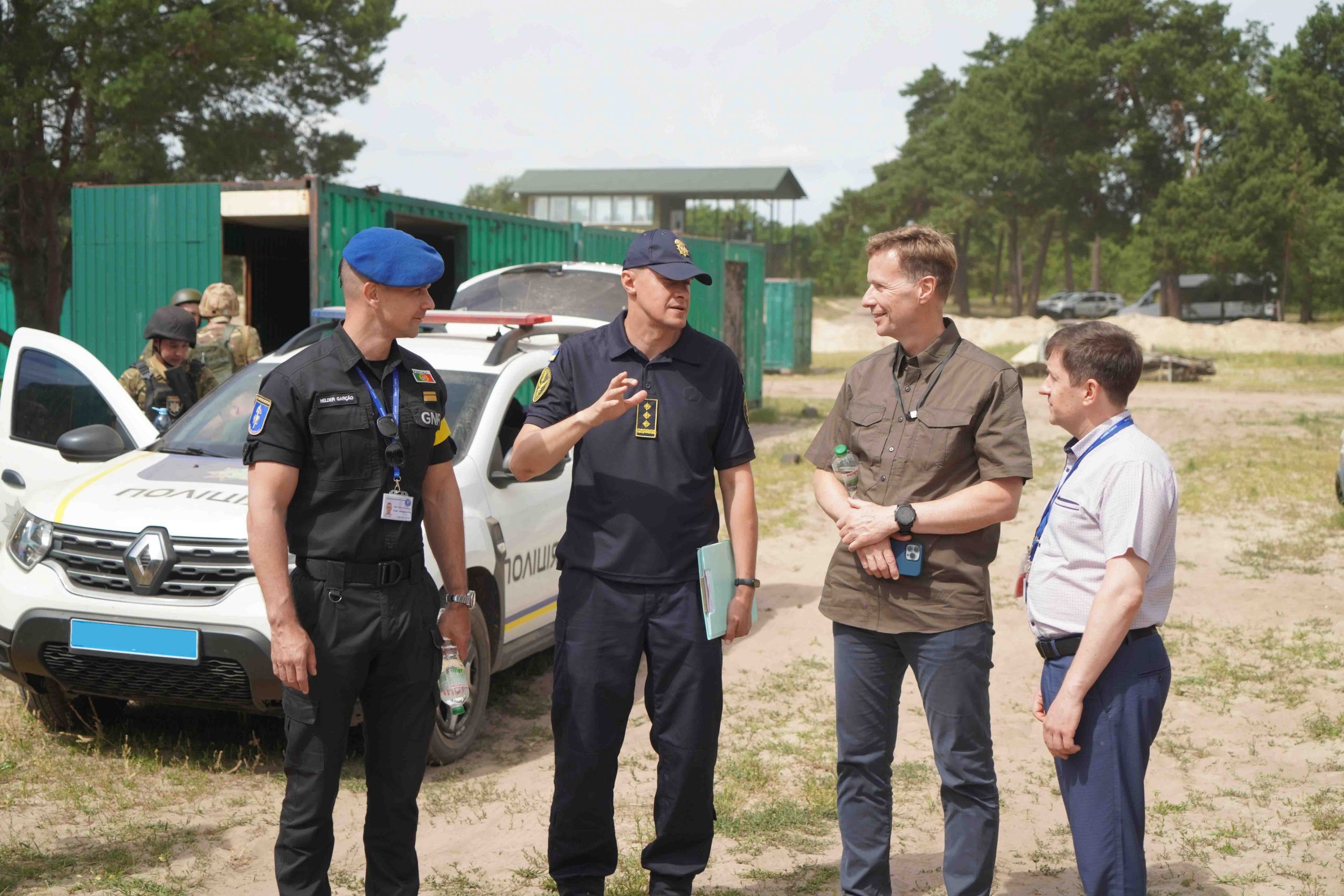
Trust and legitimacy are critical for effective policing. Only officers who demonstrate accountability, respect, and empathy can build trust and positive relationships with the community, bolster public support, crime prevention, and overall safety and security of the citizens of Ukraine.


